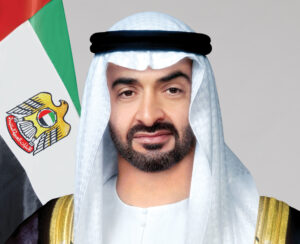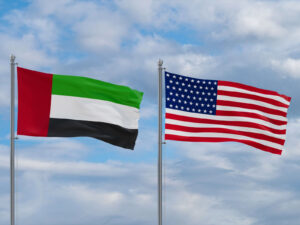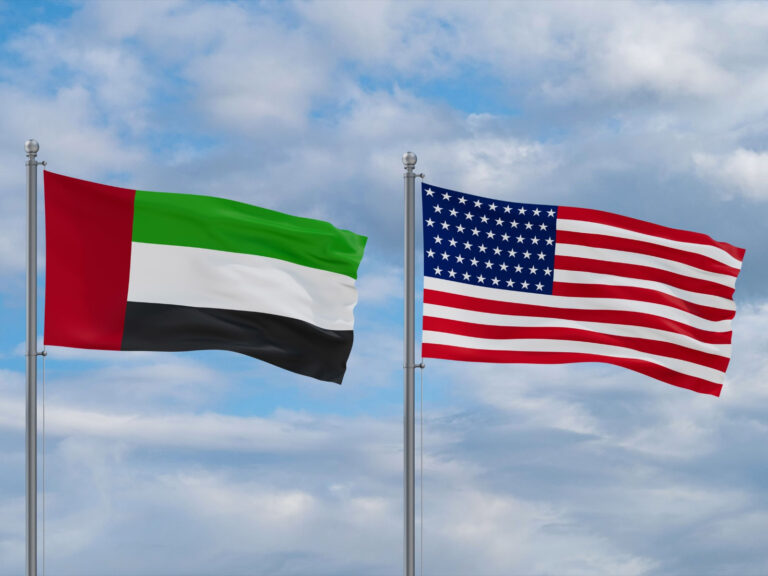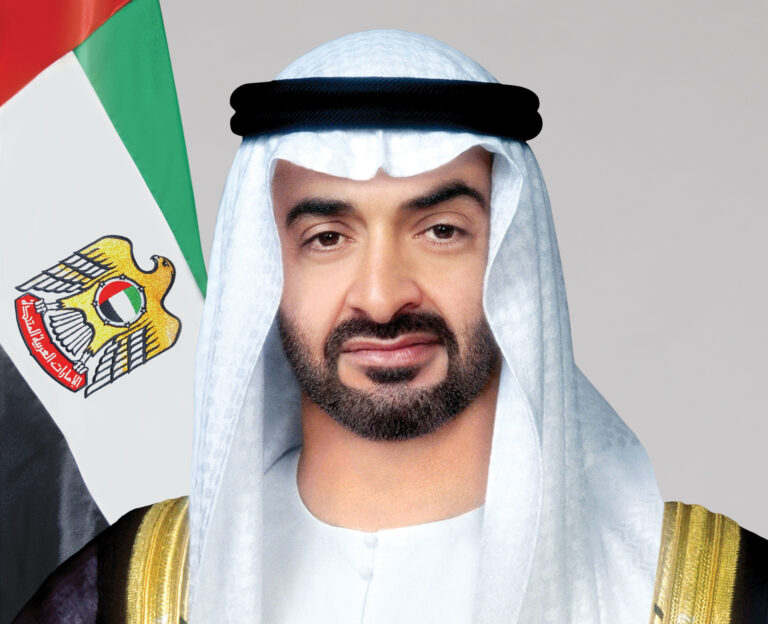New Delhi : On the occasion of the first anniversary of the implementation of the India-UAE Comprehensive Economic Partnership Agreement (CEPA) on Monday, Commerce Secretary Sunil Barthwal congratulated the people of India and the UAE on the milestone.
He talked about CEPA’s role as a growth engine for India-UAE bilateral trade over the past 11 months. CEPA is a full and deep agreement signed on February 18, 2022, during a virtual summit between the Prime Minister of India, Narendra Modi, and the President of the UAE, Sheikh Mohamed bin Zayed Al Nahyan. CEPA entered into force on 1 May 2022. The Commerce Secretary said that both sides are continuing to work together to further improve the Ease of Doing Business between the two countries. Representatives from Industry mentioned the experience of leveraging upon the CEPA to register significant growth in their respective sectors.
During the past year, CEPA has made a significant impact on India’s Bilateral Trade with the UAE and particularly India’s Exports to the UAE (Oil and Non-Oil). The Bilateral Trade between India and the UAE has touched historic highs during FY 2022-23. Trade has increased from USD 72.9 billion (Apr 21-Mar 2022) to USD 84.5 billion (Apr 22-Mar 2023) registering a year-on-year increase of 16 per cent.
During the CEPA Implementation period (from May 22 to Mar 23), bilateral trade increased from USD 67.5 billion (May 21-Mar 2022) to USD 76.9 billion (May 22-Mar 2023), an annual increase of 14 per cent.
Exports from India to the UAE have also registered a multiyear high. During the April-March period, Indian exports to the UAE increased from USD 28 bn to USD 31.3 bn; an increase of around USD 3.3 billion; or 11.8 per cent year-on-year growth in percentage terms.
During the same period, growth in India’s global exports was 5.3 per cent, excluding the UAE, India’s global exports grew at 4.8 per cent.
During the CEPA Implementation period (May 22 – March 23), India’s exports to the UAE increased from 26.2 billion (May 21 – March 22) to 28.5 billion (May 22 – March 23); an 8.5 per cent y-o-y growth. During the same period, India’s global exports, excluding the UAE, grew at 3.1 per cent. India’s Imports from the UAE have grown to USD 53.2 billion (an annual increase of 18.8 per cent) from Apr 22 to Mar 23. Non-oil imports during the same period grew by 4.1 per cent.
Some of the key sectors, including labour-intensive sectors, that have witnessed significant export growth on account of the CEPA include: Mineral Fuels; Electrical Machinery (particularly telephone equipment); Gems and Jewellery; Automobiles (Transport vehicles segment); Essential Oils/Perfumes/Cosmetics (Beauty/Skin care products); Other Machinery; Cereals (Rice); Coffee/Tea/Spices; Other Agri Products; and Chemical Products
Utilization of the India-UAE CEPA has been increasing steadily on a month-on-month basis. The number of Preferential Certificates of Origin (COOs) issued under the CEPA increased from 415 in May 2022 to 8440 in March 2023. Over 54,000 COOs were issued under the CEPA during the 11-month (May 22 – March 23).
Under the India-UAE CEPA in the Goods Domain, the UAE eliminated duties on 97.4 per cent of its tariff lines corresponding to 99 per cent of imports from India. India has obtained immediate duty elimination on over 80 per cent of its tariff lines corresponding to 90 per cent of India’s exports in value terms. Most of these tariff lines correspond to labour-intensive industries/sectors such as oil seeds and oils, beverages, cotton, fish and fish products, textiles, clothing, gems and jewellery, leather, footwear, pharmaceuticals and many engineering products.
In the Services Domain, broader and deeper commitments have been taken across all the sectors and modes of supply. Out of the 160 services subsectors, India has offered 100 sub-sectors to the UAE and the UAE has provided 111 sub-sectors to India.
Given the significant increase in bilateral trade, particularly in exports of Indian goods and services, CEPA would have had an attendant positive impact on other key macroeconomic variables such as GDP and Employment.











